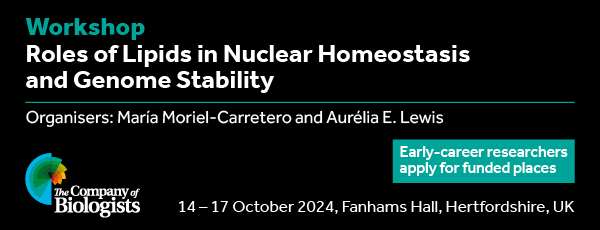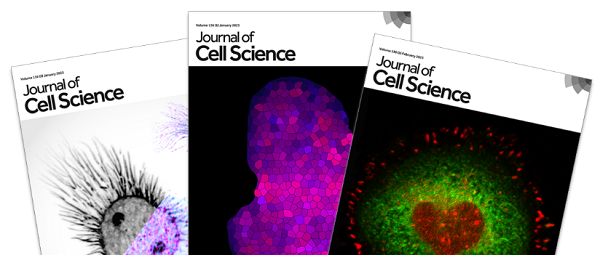
Cellular senescence is implicated in both tumour suppression and age-related diseases. The transcription factor p53 is known to be essential for the initiation and maintenance of senescence, but the downstream effectors that are required for senescence are unknown. Shinji Kamada and colleagues have previously shown that proline dehydrogenase (PRODH) is specifically upregulated in senescent cells in a p53-dependent manner, and here (p. 1413), they explore the functional relationship between PRODH and senescence. The authors show that genetic and pharmacological inhibition of PRODH impairs DNA-damage-induced senescence. Ectopic expression of wild-type PRODH, but not enzymatically inactive forms, increases intracellular levels of reactive oxygen species (ROS) to a level that can induce senescence. Because ROS are thought to mediate senescence through the induction of DNA damage, the authors also tested whether overexpression of PRODH induces DNA damage and show that this is indeed the case. These results clarify the relationship between p53, ROS production and senescence, and describe a new role for PRODH as an inducer of DNA-damage-induced senescence.







